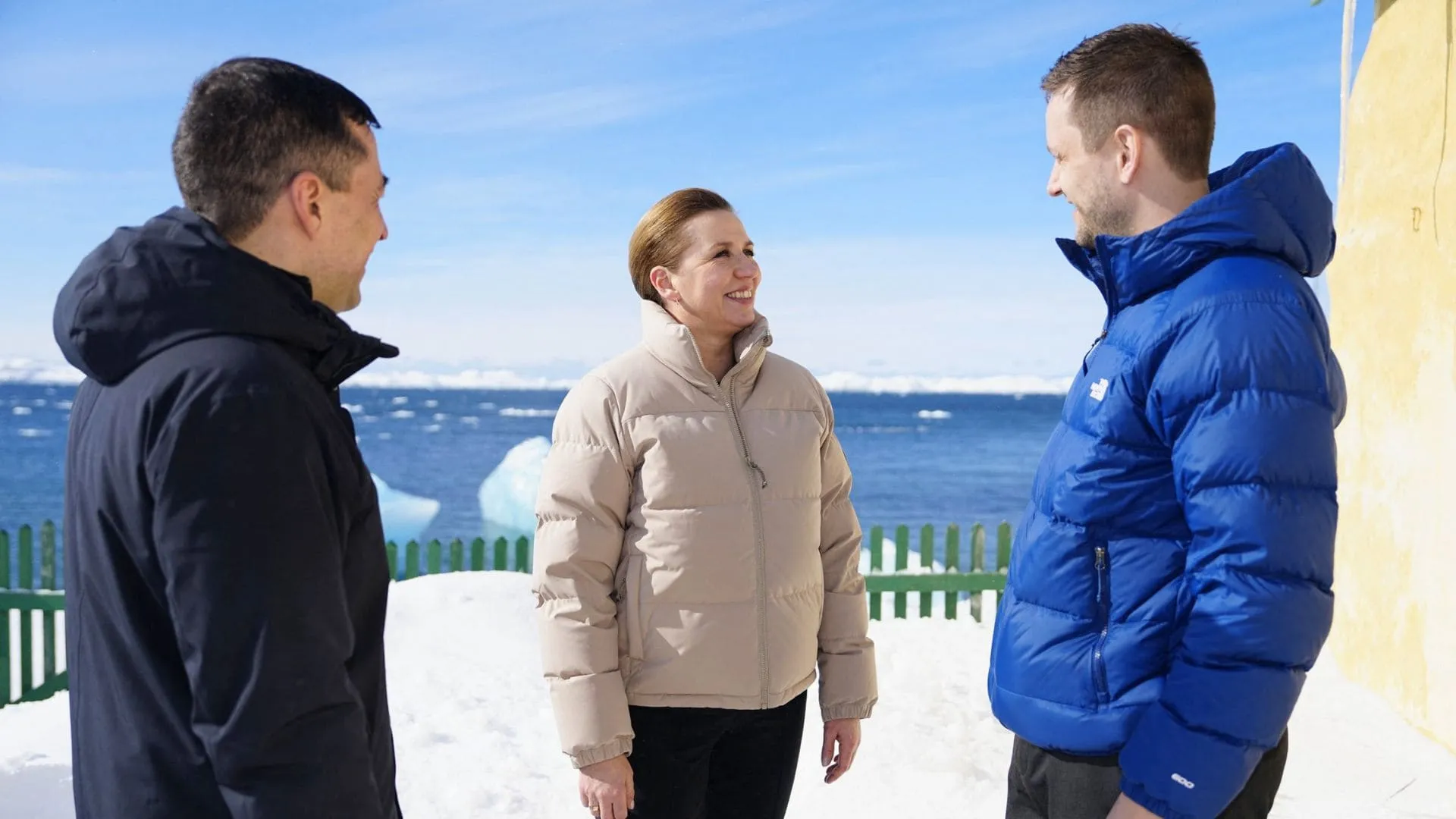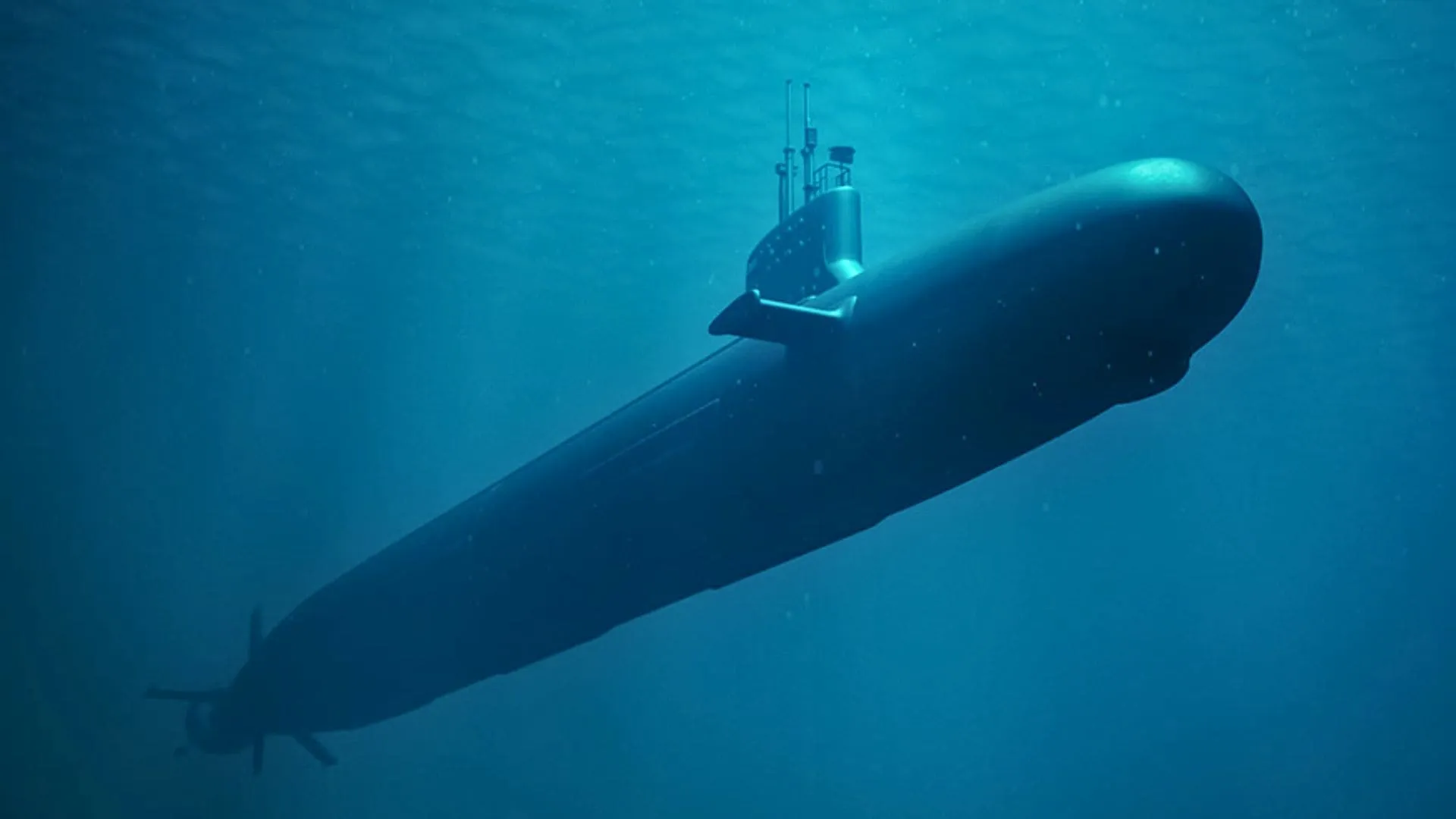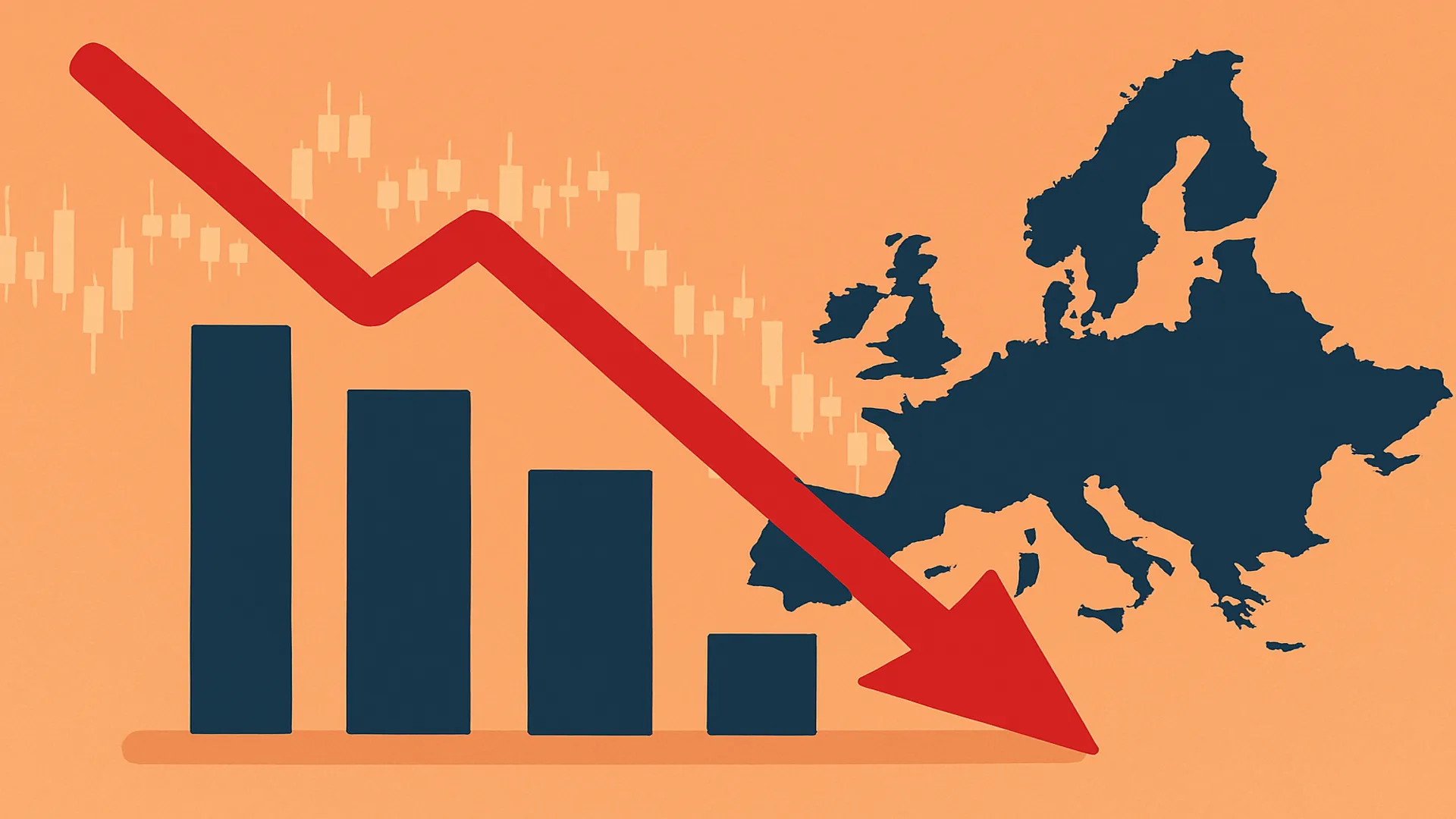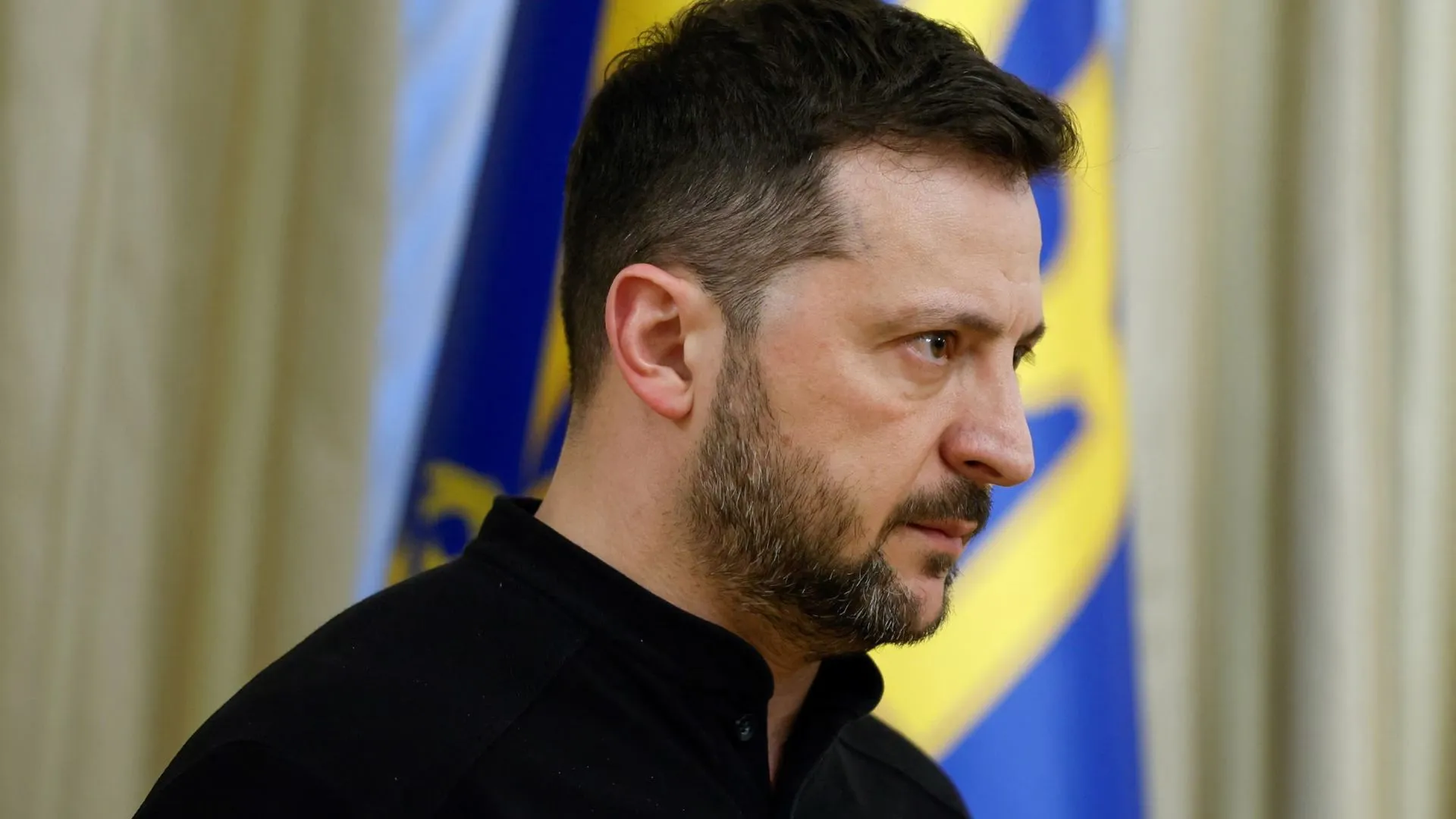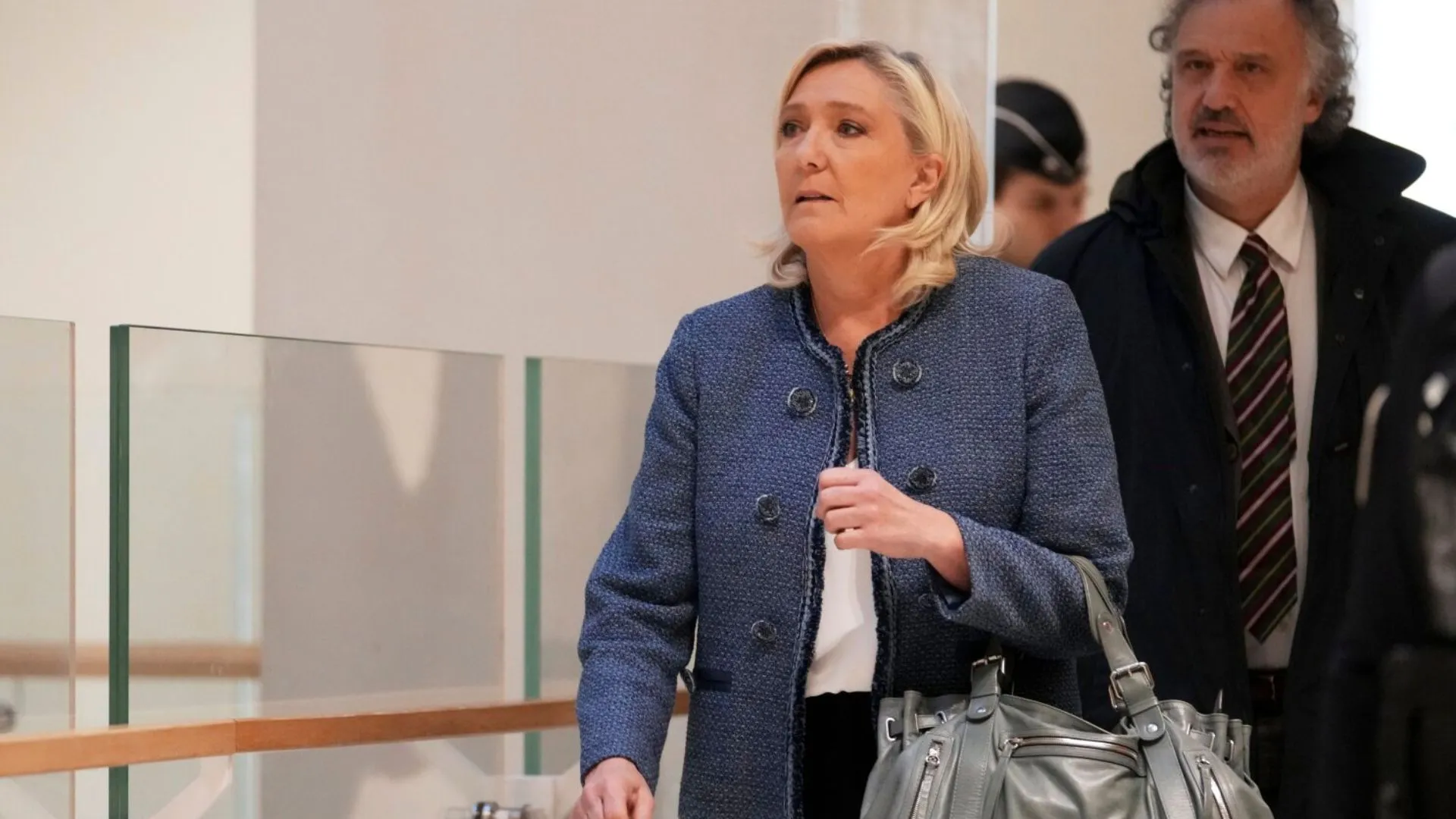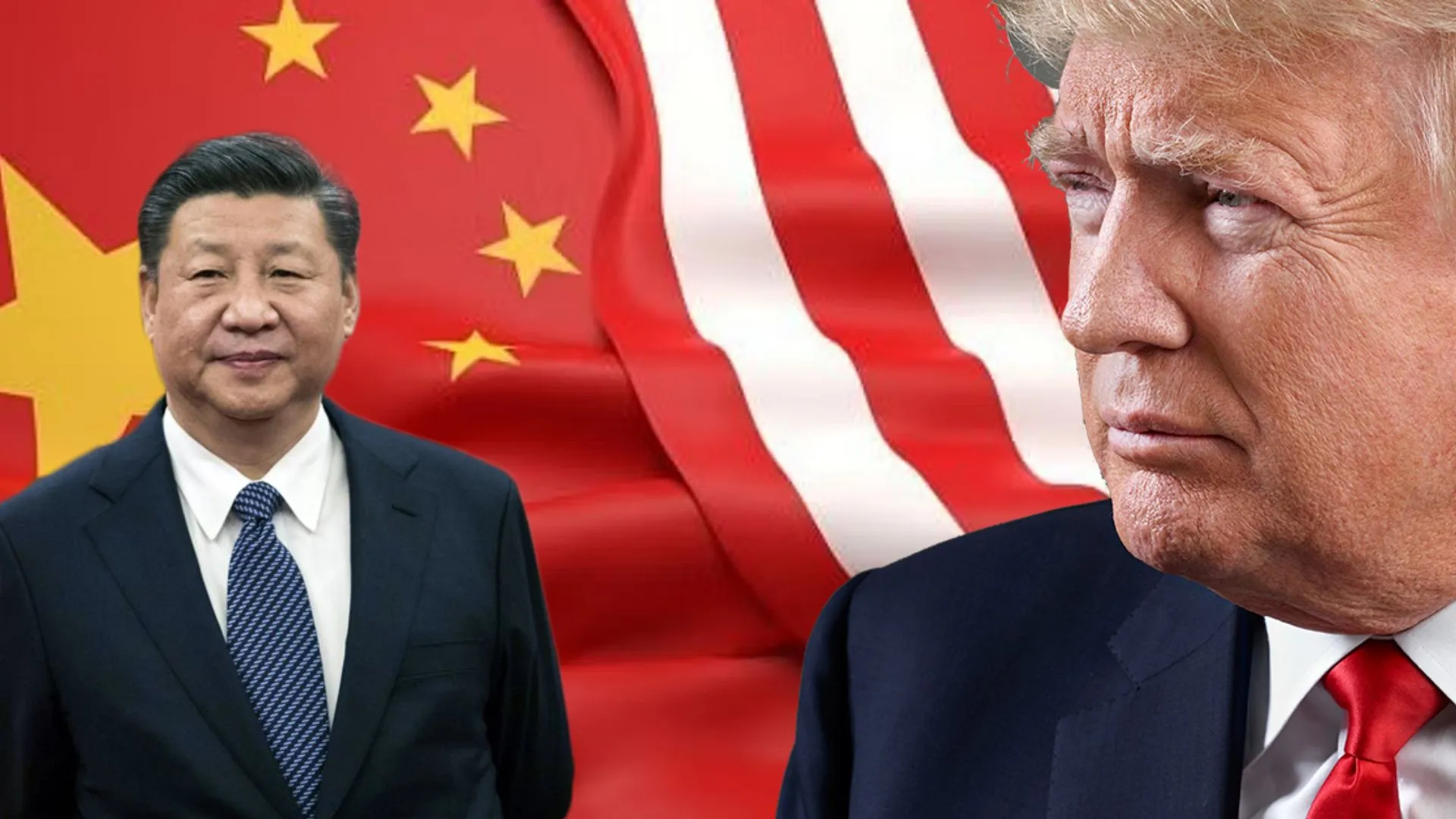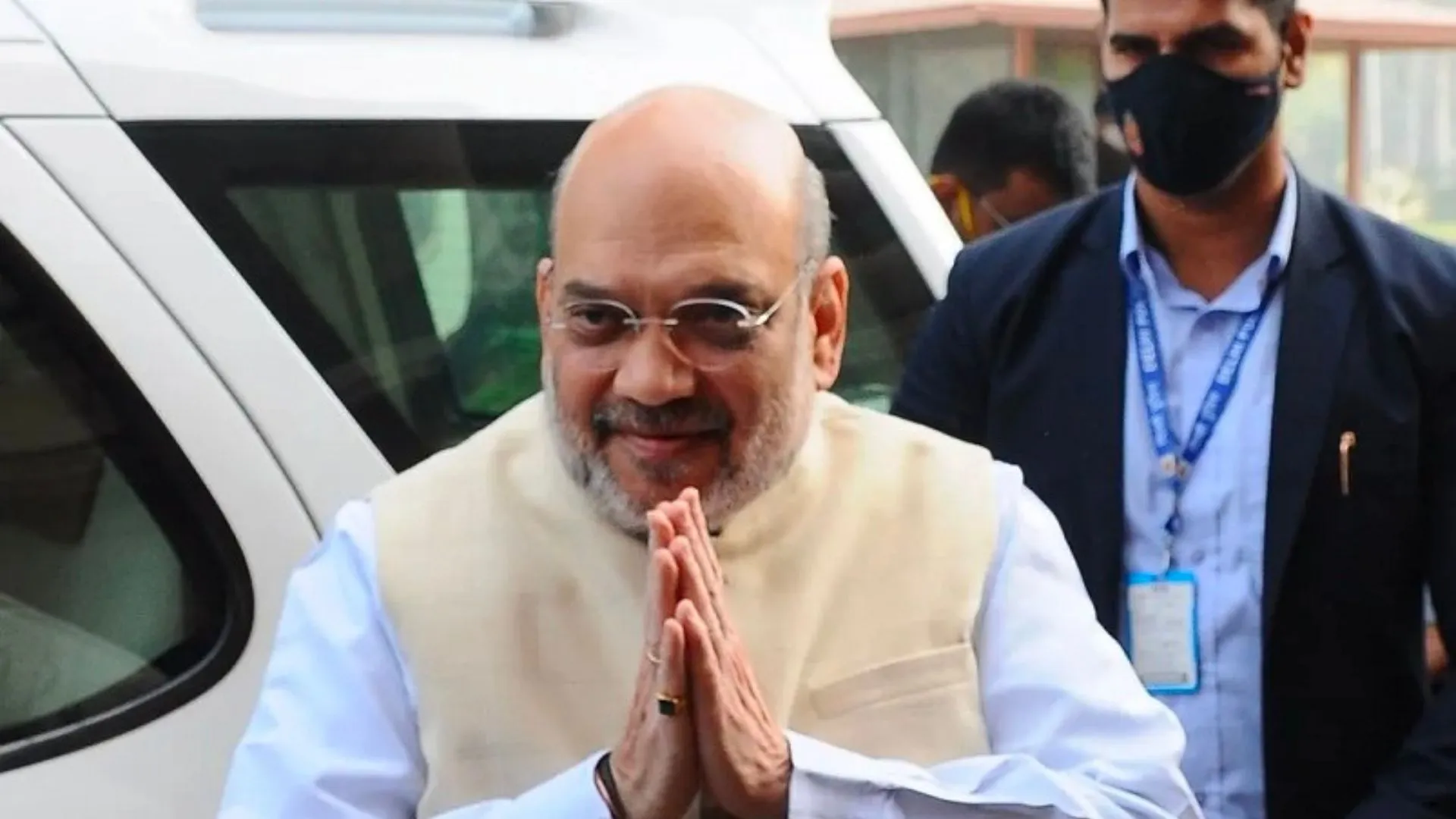Danish PM Mette Frederiksen has begun a three-day tour of Greenland to reinforce relations with its officials. The visit follows the Trump administration’s renewed interest in acquiring the strategically significant Arctic territory. PM Mette Frederiksen aims to reaffirm Greenland’s autonomy and Denmark’s commitment to its self-determination amid increasing geopolitical tensions in the region.
PM’s Visit Seeks to Strengthen Solidarity
Upon arriving in Nuuk, Frederiksen met with Greenland’s acting PM, Múte B. Egede, and incoming leader, Jens-Frederik Nielsen. Their discussions focused on strengthening cooperation, addressing economic development, and countering external pressures. Danish PM Mette Frederiksen reiterated her country’s respect for Greenland’s self-rule and emphasized the importance of collaboration in maintaining stability.
Greenland, which has a population of about 57,000, enjoys broad autonomy but remains part of the Kingdom of Denmark. Over the years, the island has been working towards full independence. However, economic and security concerns have slowed its push for sovereignty. Frederiksen’s visit is widely seen as an attempt to reassure Greenlandic leaders that Denmark remains a reliable partner amid rising international interest in the Arctic.
US Remarks Spark Diplomatic Tensions
The visit comes after US Vice President JD Vance accused Denmark of underfunding Greenland’s security and development. He implied that the US could manage Greenland more effectively, echoing former President Donald Trump’s 2019 proposition to buy the island. Trump had described Greenland as vital to US national security, citing its location and rich natural resources. The idea was swiftly rejected by both Danish and Greenlandic leaders at the time, and JD Vance’s recent comments have reignited diplomatic tensions.
Greenland’s PM, Jens-Frederik Nielsen, firmly rejected any notion of US control, stating, “We do not belong to anyone else. We decide our own future.” His statement reflects Greenland’s cautious but steady move toward greater independence.
Denmark’s Foreign Minister, Lars Løkke Rasmussen, also criticized the US stance, calling for respectful dialogue between allies. He warned that aggressive rhetoric could drive Greenland closer to Denmark rather than encouraging a pro US stance.
Arctic Geopolitics and the Greenland Question
As climate change makes Arctic waters more navigable and exposes untapped natural resources, Greenland’s geopolitical importance has grown. The US, China, and Russia are all competing for influence in the Arctic, making Greenland a focal point of strategic interest. Washington has already increased its diplomatic presence in Nuuk, reopening a consulate in 2020 to strengthen ties.
While Greenland’s current leadership favors a gradual path to independence, some political factions advocate for closer ties with the US. The Naleraq party, which supports swift independence, was notably excluded from the recent coalition talks forming the new Greenlandic government. Experts suggest that Donald Trump’s aggressive push for Greenland may have backfired, making local leaders more skeptical of American intentions.
Frederiksen’s visit reinforces Denmark’s position as Greenland’s primary partner. As global powers eye the Arctic, Denmark and Greenland remain united in their stance against external influence, ensuring that Greenland’s future remains in its own hands.

